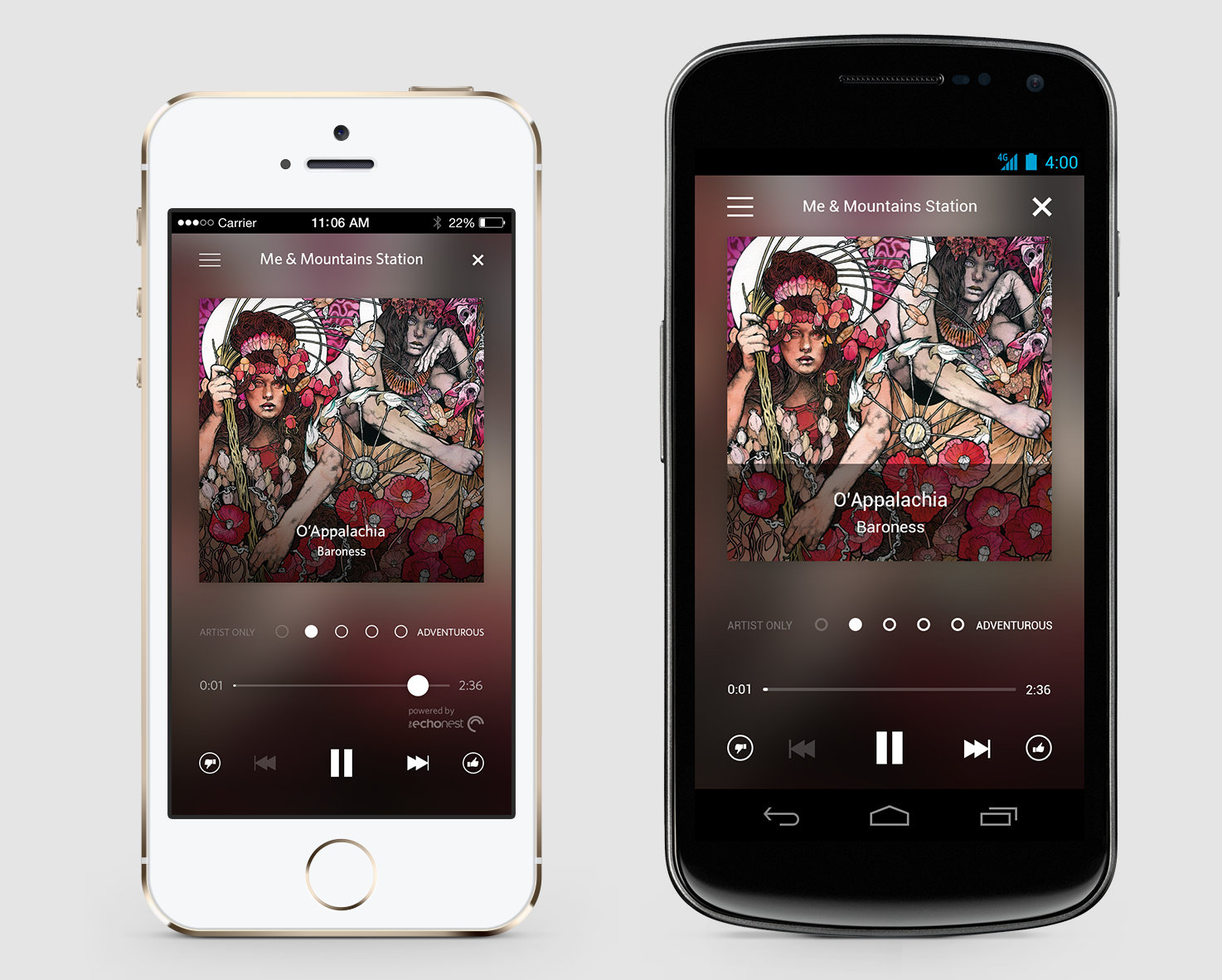
Welcome to Tête-à-tête, a series where two of our writers converse on interesting topics in the mobile landscape — through chat. Think of it as a podcast for readers.
This week, Douglas and Daniel talk about whether Canadians get the short end of the stick when it comes to content.
Douglas Soltys: My dear friend Daniel, Canada is bumming me out. Or rather, what’s bumming me out is how Canada always seems last on the list to receive some of the most popular consumer services that are all the rage with our neighbours to the south. Even if Canada were to receive the recently announced Fire Phone (don’t hold your breath), a fat lot of good it would do without Amazon’s Prime services that make it more than just a mid-tier Android phone.
But the Fire Phone is only the most recent example. It took an ice age to receive Play Music in Canada, and we are still without Pandora and Spotify. And don’t get me started on the selection difference between Netflix Canada and its U.S. counterpart (wonderful BBC shows aside – shoutout to The Bletchley Circle!). Daniel, why can’t we have nice things?
Daniel Bader: We have lots of nice things: free health care, a functioning democracy, a government that doesn’t wantonly spy on its citizens, a strong dollar. Wait, nevermind.
There are two ways in which to look at it: what we have and what we don’t. In the past couple of years, licensing deals have been far easier to come by in Canada than before; we have Rdio, Deezer, Slacker Radio, Google Play Music, iTunes Store, Songza, and others. We don’t have Spotify, Pandora, iTunes Radio, Beats Music and a few others. And that’s just in the music category. There’s a huge disparity between coveting the whole thing — we will never have the same choice as the United States or many countries in Europe, just deal with it — and settling for what is available.
Without getting too deeply quantitative — we don’t necessarily need iTunes Radio when we have Songza, for instance — by spouting off various omissions, let’s just say this: the two major content ecosystems, Google and Apple, have made great strides in content availability in recent years. Their core offerings are mostly all available here, barring a few holdouts. Google recently filled out its content ecosystem with TV Shows in addition to music, and while only a small selection of its devices are available on Google Play, the number is growing. Even Microsoft has rolled out music, movies and TV show streaming across platforms.
In other words, I disagree that we can’t have nice things; and we’ve grown used to waiting a few months for the privilege. For example, at the beginning of the streaming music revolution I was seriously bummed when I discovered Spotify wasn’t available here, but then I discovered Rdio and never looked back. There is room for differentiation in the Canadian market because we’re not the same as the Americans. What works there won’t necessarily work here, and vice versa. Without Spotify, streaming services like Google Play Music, Rdio and Deezer have had a chance to grow and accrue loyal customers. With Songza, I rarely think about iTunes Radio.
As for Amazon, well… it feels like they don’t respect the Canadian market. The company has routinely delayed product rollouts or omitted them entirely, and when they do arrive they’re either crippled or overpriced. Such was the case with the Kindle Fire HDX launch last year, which saw the company’s Appstore arrive with only its e-book s for company; it’s unlikely we’re going to see Prime TV, movie and music streaming anytime soon. But that’s fine: Prime is a very U.S.-centric product, built by a company whose distribution is unparalleled in any other part of the world. Amazon has built its U.S. content network like a finely-connected highway system, with everything starting and ending with that recurring Prime subscription. Due to the difficulty of licensing bulk content in Canada, such a system would never be possible here.
Which is a bummer.

Douglas Soltys: I hold out small hope that Amazon’s recent licensing deal with BlackBerry might thaw the northern trade routes and warm the company to the idea of Canadian expansion, but your reasoning is sound. Major bummer.
To your earlier point then, about the possibility of differentiation in the Canadian market. We’ve been hearing rumours of a Rogers streaming video service for some time now, which leads me to wonder if there is a role for Canadian carriers to play in picking up the licensed content slack. Perhaps a better question: do we want to rely upon the big three carriers for another digital service?
Daniel Bader: That’s an interesting point. Netflix is largely independent of carrier and major platform controller. It doesn’t matter if I’m running an iPhone on Rogers or an Android on TELUS, I can download Netflix and watch the same content anywhere. There is freedom in that — except for that small issue with poor content availability.
Netflix licenses deals for all screens and all platforms. I often get upset that sporting events, such as the U.S. Open of tennis, have in-app streaming agreements for those in the United States, while Canadians rely on the same privilege from a siloed TSN app that requires a cable subscription. Similarly, when will Sportsnet roll out an Apple TV?
Many of the issues with licensing content in Canada derive from existing agreements with big incumbents. Hockey is now tied up with Rogers, while Bell owns the broadcast rights to practically every other major sport and sporting event. Incumbents want you to stream content from your phone or tablet, but over their pipe with their monthly plan or subscription. That TMN Go exists is a miracle, but it flourishes in spite of, not due to, Bell’s nascent ownership of Astral.
At the end of the day, Canadians are not wanting for streaming content, be it music, movies, books, magazines, TV shows or…anything else your heart may desire. We have it pretty good; it could be, though, a lot better.



